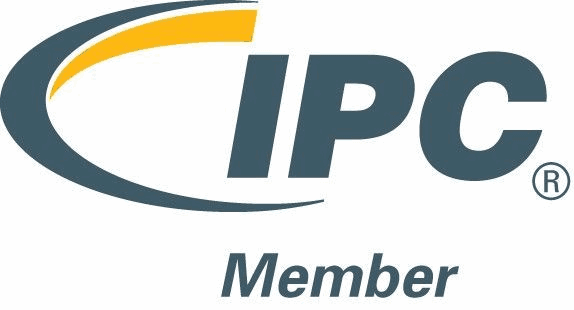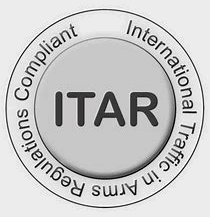MPL provides numerous PCB manufacturing services and strives for excellence in each area of production. Conformal Coating is one of our offered services and is a good option for when the customer’s end product will be used in harsh environments.
What is PCB Conformal Coating?
PCB conformal coating is the process in which a printed circuit board is coated with a protective layer. This layer is made up of a non-conductive material and, generally speaking, is quite thin. By increasing the dielectric strength of PCBs, conformal coating also allows for reduced spacing between circuits. There are several benefits to Conformal Coated products—if you have questions about whether or not this service is right for you, contact our team of professionals.
When Should You Use Conformal Coating?
Conformal coating should be used in cases where protection against harsh conditions is required. Specifically, conformal coating adds value to completed electronic assemblies by enhancing the products’ durability, while not significantly adding to the PCB’s weight or thickness. When protection against moisture or vibration is needed, and the product must be built within strict density and size limits, call on MPL to give your PCBs the conformal coating treatment as this service is right for you.
Alternative Harsh Environment Protection: PCB Potting
Conformal Coating is not the only finishing protection MPL offers against harsh environments. When it comes to PCB potting, we offer high-quality service with value-adding results. Explore the potting options you have access to when you choose to work with MPL.
What is PCB Potting?
Potting is the process in which completed electronic assemblies are filled with a compound for the purpose of durability and shock resistance. The term “potting” refers to the way that electronic assemblies are placed within a mold, or pot, in order to be filled with the proper insulating liquid. After the PCB in question is filled, the liquid hardens and provides long-term protection for the electronic product.
When Should You Use PCB Potting?
PCB potting is an ideal choice of service for projects that require impact resistance. PCB orders that involve potting typically hold up against harsh environments, vibrations, and other difficult conditions where your end product will see “abuse”. That being said, they generally require more space in the PCB assembly as potting compound is applied in a thicker manner.
PCB Potting Versus Conformal Coating
PCB Potting is often used to produce similar effects as the conformal coating process with its own specialized advantages (listed above). Both services optimize printed circuit boards and electronic assemblies to withstand corrosion and wear. However, despite the similarities between these two methods, there are a few key differences that set potting and conformal coating apart.
The main difference between the conformal coating process and the potting process is that conformal coating typically produces a lighter and thinner layer of protection to PCB assemblies, which puts much less stress on the components below while still maintaining a high level of protection against moisture and other hazards. The potting application, on the other hand, is much more dense and requires more space. It too protects against moisture and other corrosive agents while providing strong defense against shocks and vibrations. There are many pros for both—the assembly design and end-use environment will dictate which service is right for you!
Quality in PCB Conformal Coating/Potting
As with all of MPL’s services, we manufacture quality for customers who choose our PCB conformal coating and potting services. All of our products are included in our outstandingly low return rates, to which we achieved an average RMA percentage of 0.01% over the last three years. We are also proud to offer customers high-quality delivery services, having maintained an average On Time Delivery Rate of 98.7% during those years. This data backs up our claim to excellence and dependability. Moreover, MPL’s reputation for excellence extends to the quality of our customer service. After working with our team, customers often note that MPL is a remarkably low-maintenance supplier that is able to adapt to any project’s requirements.




